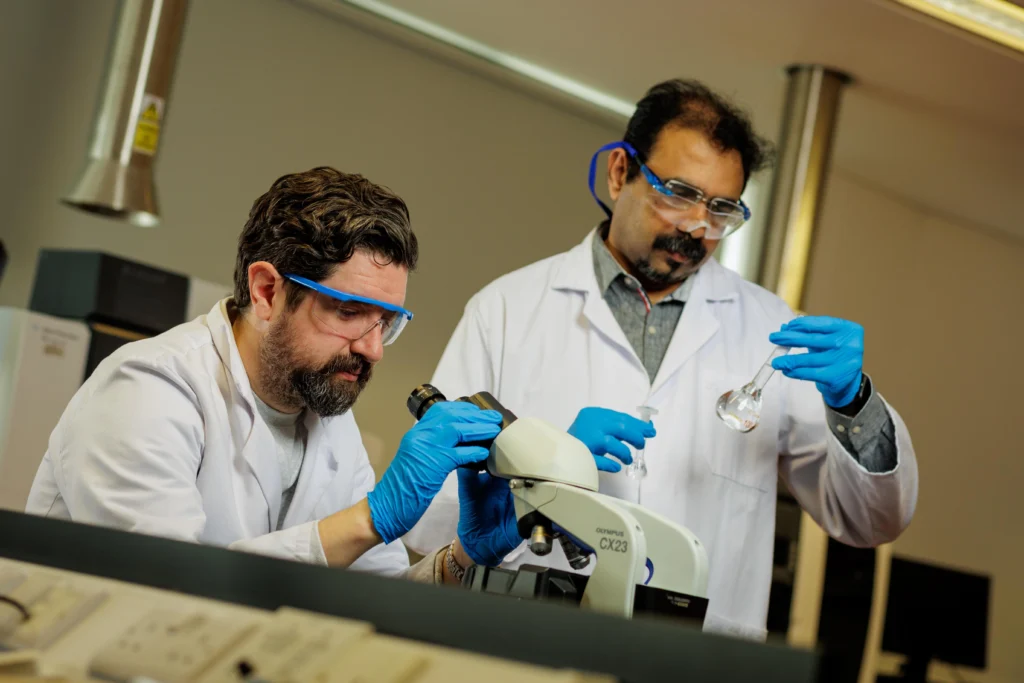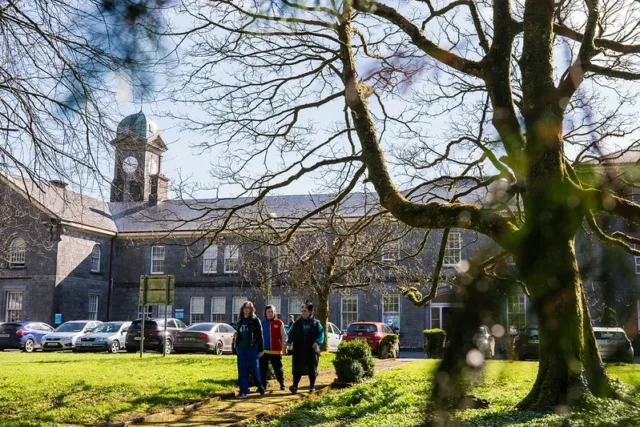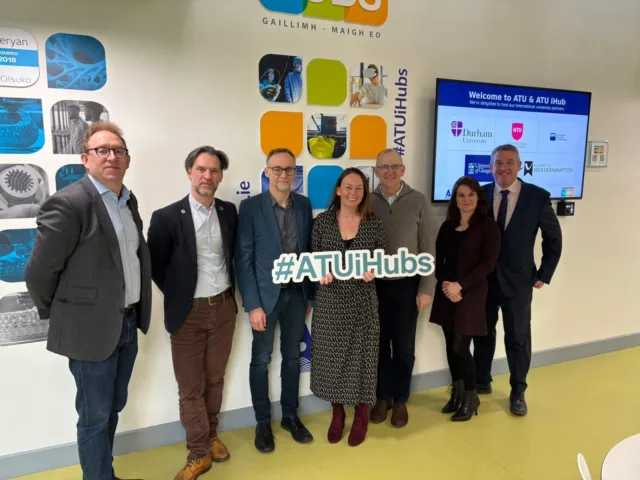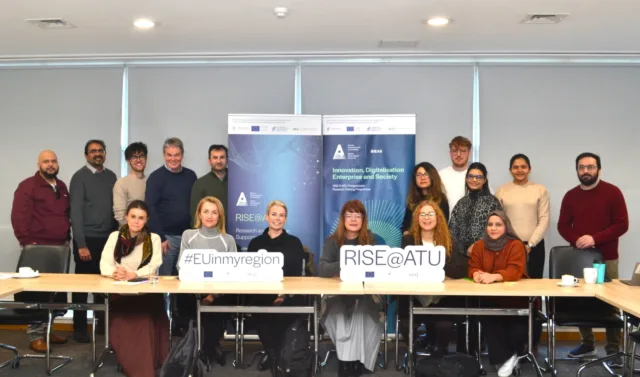Courses
ATU research finds simple solution to supply clean water to millions
Research led by Atlantic Technological University may have found a simple yet effective solution to supply clean drinking water to rural areas around the world.
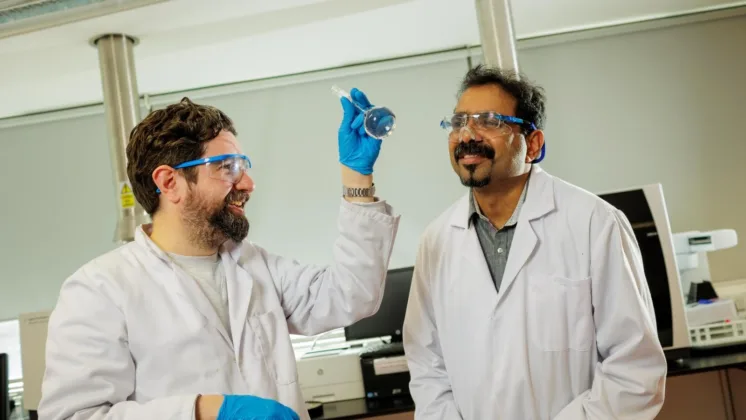
New research has found that polypropylene (PP) based transparent jerrycans (TJC) and the power of the sun’s ultraviolet rays, could be an effective low-cost solution for treating and collecting safe drinking water in rural areas in developing countries. This investigation was published this week in the Journal of Environmental Chemical Engineering (Link: Efficient solar disinfection (SODIS) using polypropylene based transparent jerrycans: An investigation into its effectiveness, viability, and water sample toxicity). Researchers from ATU included are Kris O’Dowd and Suresh C. Pillai.
With over 2.1 billion people across the world lacking access to safe water, this EU funded H2020 project, may have developed a novel and cost-effective treatment solution to remove contaminants from water.
The study, conducted by a team of researchers, evaluated the efficacy of using Solar Disinfection (SODIS) for water disinfection. The results showed that the SODIS process was capable of significantly reducing the presence of harmful microorganisms, including E. Coli, MS2, and Cryptosporidium parvum.
It is estimated that by 2025, over 50% of the world’s population will have insufficient access to safe drinking water. Therefore, this research provides hope for a practical and accessible solution to this pressing issue.
The idea for the study uses plastic transparent Jerrycans filled with water from local water sources and placed on roofs of houses. Once left on the roof, ultraviolet light from the sun kills bacteria such as E. Coli, leaving safe drinking water at little cost.
The research found that the PP TJC had a 6 log (equivalent to a 99.9999% ) microbial reduction value (LRV) in E. coli after 105 minutes of solar irradiation, a 3 LRV (equivalent to a 99.9%) in MS2 after 5 hours, and a 3 LRV (equivalent to a 99.9%) in C. parvum after 2 days of solar treatment, which corresponds to a 2-star performance according to the Household Water Treatment and Safe Storage (HWTS) guidelines from the WHO which states water at this level offers Comprehensive protection through high pathogen removal .
“This is a wonderful example of international collaborative research at its best. Researchers from Ireland, Spain, India and the UK have worked together to find sustainable solutions to one of the most pressing challenges facing vulnerable communities across the globe – that of reliable access to safe drinking water in a time of climate crisis.” Said Prof. Kevin McGuigan of the Royal college of surgeons Ireland, who coordinates the PANIWATER project.
In addition to evaluating the efficacy of the Solar Disinfection process with the Jerrycan, the study also analysed the plastic’s structural properties after advanced weathering and its cytotoxicity after extended use. The plastic Jerrycan was found to be non-toxic to human cells and biocompatible. However, after two weeks of accelerated ageing, the plastic became brittle and more susceptible to breaks.
Further research will focus on developing appropriate UV stabilizers for the plastic Jerrycan to increase the plastic’s structural lifetime. This study highlights the potential for using plastic Jerrycans as a low-cost and effective method for water disinfection in rural areas, where safe drinking water is often inaccessible.
This study was led by ATU along with Plataforma Solar de Almería-CIEMAT, Spain, University of Santiago de Compostela, Spain, Universidad Rey Juan Carlos, Spain, Buckinghamshire New University, United Kingdom and RCSI University of Medicine and Healthcare, Dublin, Ireland.
This project is a part of the European Union’s Horizon 2020 research and innovation programme PANIWATER, funded jointly by European Commission and Department of Science and Technology, India. PANIWATER project is coordinated by Prof. Kevin McGuigan of Royal College of Surgeons Ireland and ATU, RCSI and Maynooth University are the Irish partners along with 16 EU and Indian partners.
